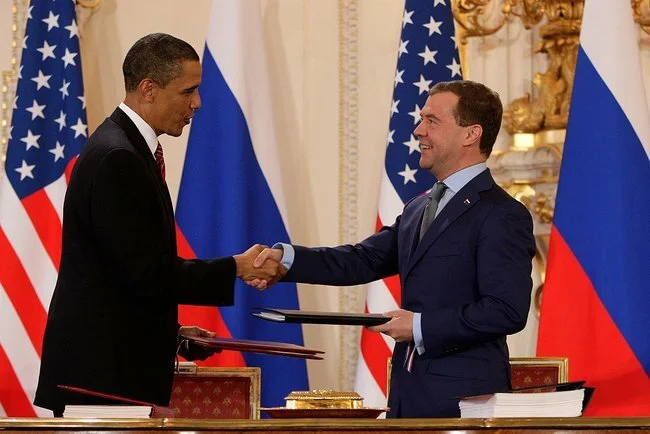Today marks 18 years since the first democratic Prime Minister of Serbia, Zoran Djindjic, was assassinated. Zoran Djindjic embodied and fought for democratic and european values. To commemorate and remember the work and life of Serbian late Prime Minister Zoran Djindjic, who was assassinated on the 12th of March in 2003, the IIP did an interview with an independent Political Analyst from Serbia, Vuk Velebit, who is also part of our Western Balkans Initiativ!
Feminist Foreign Policy: More Than Gender Equality? 🎬
Last year marked many anniversaries related to women´s roles in international relations, most notably the adoption of UN Security Council Resolution 1325 on Women, Peace and Security in 2000. However, beyond celebrating anniversaries, how do the international community, including states, international organizations and civil society continue working towards a gender perspective in international politics and greater inclusion of women in decision-making processes?
Belarus: Welche Chance hat die Protestbewegung? ORF-Podcast 🎬
Seit sieben Monaten gehen die Menschen in Belarus auf die Straße um gegen die Führung von Alexander Lukaschenko und die gefälschte Präsidentschaftswahl zu protestieren. Das Regime antwortet mit einer massiven Repressionswelle, mehrere Menschen ums Leben gekommen, zehntausende Menschen wurden festgenommen und zum Teil zu mehrjährigen Haftstrafen verurteilt. Eine Ende der Proteste ist trotzdem nicht in Sicht.
What Future for Kosovo? Reflection on the Election Results 🎬
Once again, the Kosovars will face snap elections on the 14th of February this year. In 2020 the Kosovars saw a new government by Albin Kurti - famously named the “Coalition of Hope” – which collapsed within 51 days of its establishment. This led to the polemical creation of a new government by Avdullah Hoti which collapsed after six months, which triggered the urge for the upcoming elections.
Actions and Reactions: Political Crisis in Belarus as Seen from Brussels and Moscow 🎬
Belarusians have taken to the streets of their cities and towns for over six months now, demanding free and fair elections after the presidential vote in August had been blatantly rigged. The longer the political crisis drags on, the more Russia’s and the EU’s perceptions of this crisis and subsequent actions matter. The elites in Russia view the protest as coordinated by the West, whereas the EU considers it as a purely domestic issue. Russia has a high interest in Belarus, in terms of security, economics, culture etc. For the EU, stability in its neighboring country is the primary goal. The Belarusian crisis has thus gained a geopolitical dimension that will play a decisive role in its future development.
Part II: USA: BACK TO MULTILATERALISM? Extension of New START and Implications: A start in rebuilding arms control architecture? 🎬
Strategic Realignments in the Middle East Ahead of a Biden Presidency: A View from Jerusalem 🎬
With the election of Joe Biden as the new president of the US, inaugurated in January 2021, geopolitical considerations run high in the Middle East and different stakeholders are realigning their positions. The possibility of US return to the JCPOA, which Prime Minister Netanyahu always perceived as a threat to Israeli security, is tangible. Because the Trump administration incentivized Arab states to sign the Abraham Accords with unprecedented, norm-breaking promises, it is unclear whether the Biden administration will fulfil all of them, a reality which gives rise to concerns in Israel and the normalizing states regarding the fate of the agreements.
Peace in Ethiopia through Military Force? What can we learn about the Tigray conflict from Medemer and Welkait (ወልቃይት)? 🎬
In 2019, Ethiopian Prime Minister Abiy Ahmed was awarded the Nobel Peace Prize for his attempts to pacify the country and the Horn of Africa. Yet, in November 2020 he deployed military forces to control a conflict in the Tigray Region. Did the Nobel Peace laureate turn into a war monger? Why did he not practice the reconciliation, brotherhood and unity he preached?
Führerschaft der USA „nicht gleich Partnerschaft“
To the Day of Solidarity with Belarus
The IIP has been closely following the protest movement in Belarus which erupted after the fraudulent presidential elections in August 2020. In continuity with our efforts to promote democracy and human rights all over the world and in the EU Neighborhood, we publish this statement below to mark six months of the fight against authoritarianism in Belarus.











